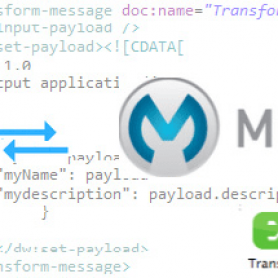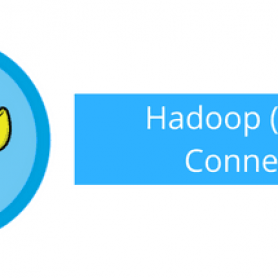Latest posts
HowTo – Custom API Policy with Anypoint Platform
As organizations embrace APIs for exchanging information with internal or external customers and partners, it’s critical not to sacrifice visibility or governance. That’s where... read more.
HowTo – Exceptions and Error Handling in Mule
Welcome to this series of “HowTos” covering exceptions in MuleSoft Anypoint Platform. We will be covering many topics specifically with exceptions and exception/error handling... read more.
Microservices versus ESB
This post is by one of our MuleSoft champions, Antonio Abad. Let’s start with a simple definition of both concepts: “An ESB is basically... read more.
AQuA API with Zuora Connector
Zuora has been offering three different types of API: REST API, SOAP API and AQuA API. It is believed that majority of Zuora customers... read more.
Weaving it with Dataweave expression
We all know how powerful Dataweave Transform Message component is. This is such a powerful template engine that allows us to transform data to... read more.
Durable Streaming API with MuleSoft Salesforce Connector
Salesforce introduced the Streaming API with its Spring ‘16 release (API v36). It was a neat feature since Salesforce users don’t have to poll... read more.
Using Bulk API with MongoDB Connector
You can visit the MongoDB Connector page here. With MongoDB as one of the most popular NoSQL databases, we are excited to announce the... read more.
The sound of success in microservices with MuleSoft and Spotify
Every business needs to stay agile. Every business wants to improve their speed. Every business wants to innovate faster. And they want to achieve... read more.
Introducing Hadoop (HDFS) Connector v5.0.0
View our Hadoop Connector page here. According to a recent survey conducted by DNV GL - Business Assurance and GFK Eurisko, 52% of enterprises... read more.
Take the API approach to microservices and lessons learned from SOA
Download our Best Practices for Microservices whitepaper to gain a deeper perspective about our approach to microservices written in this post. If IT today has a... read more.


















